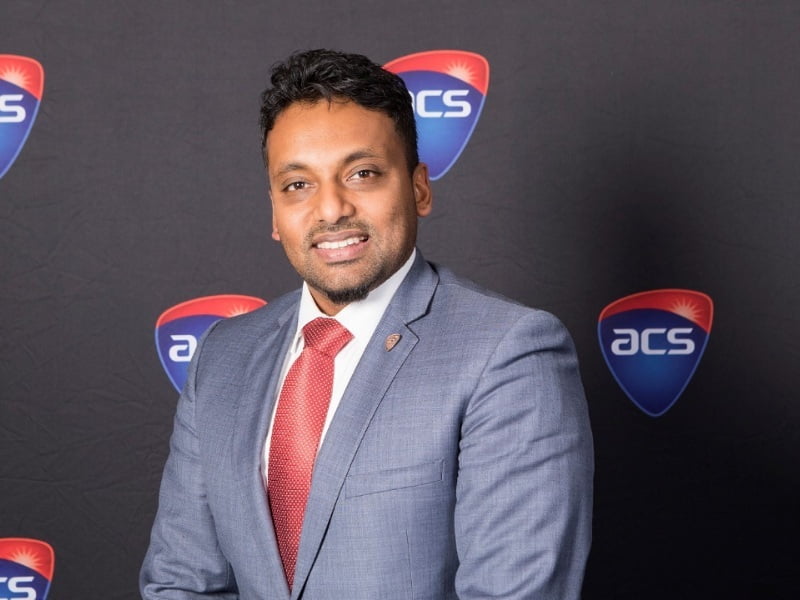The fight for control of the Australian Computer Society has moved to a next stage, with the Federal Court declaring the vote conducted at a Special General Meeting in October to restructure the association to be invalid.
In a judgement handed down by Justice Michael Wigney on Monday, the court ruled that the convening of the special general meeting had been invalid, and that the special resolution purportedly passed at that meeting was also invalid.
The ruling has hobbled an ACS management plan to change the corporate structure of the organisation from its current status as an incorporated association under ACT law into a company limited by guarantee under the Corporations Act and regulated by ASIC.

At stake are the governance mechanisms that will control the future direction of the member-based association, its $36 million-a-year revenues and its $25 million in liquid assets.
The Special General Meeting in October had passed a resolution approving the changes to the corporate structure by a single vote.
But a group of rebel members led by ACT academic and long-time ACS member Roger Clarke immediately challenged the decision, citing multiple irregularities in the way in which the meeting had been convened, the way it was conducted, and ultimately how the vote was counted.
Of the ten complaints put forward to the court by Mr Clarke, eight were upheld, including all of the substantive issues around process.
The ACS was ordered to pay Mr Clarke’s costs.
The legal challenge hinged on three primary issues. Mr Clarke contended that the notice to members of the Special General Meeting and it the proposed vote on the corporate restructure had not been done in accordance with ACS rules – and specifically that the content of the notification was inadequate and was not sent to all of the associations’ members.
Secondly, Mr Clarke’s application contended the conduct of the meeting breached association rules and unreasonably shut down debate on the proposed changes to corporate structure.
And finally, Mr Clarke had argued that the conduct of the vote itself had been flawed and resulted in an incorrect count. The argument centred on three proxy votes which were disallowed as invalid by company secretary Andrew Madry.
The vote taken at the October meeting required a 75 per cent approval from membership in order to pass. Of the total vote count of 747 cast either in person or assigned to a proxy, 561 were cast in favour of the restructure and 186 voted against the resolution.
With 561 votes approving the changes, the Yes vote achieved a 75.1004 per cent majority. A single vote the other way would have change the outcome.
The court ruling found in favour of Mr Clarke’s arguments on each of these issues.
Justice Wigney was scathing in parts about the conduct and administration of the Special General Meeting, as well as the conduct of the vote itself.
He called particular attention to the role played by ACS president Yohan Ramasundara in chairing the meeting, the administration of ACS chief executive Andrew Johnson in convening the meeting, as well as Mr Madry’s handing of the vote and the treatment of proxies.
Justice Wigney said in the judgement: “Mr Ramasundara breached his duties as chair of the 25 October 2019 meeting by adopting a procedure which unreasonably and unjustifiably limited or curtailed debate concerning the special resolution.”
“Mr Ramasundara’s decision to adopt that procedure was not taken reasonably with a view to facilitating the purpose for which his power to regulate the meeting was conferred, which included to facilitate discussion and debate by those present at the meeting.”
It is not clear how the ACS will react to the court ruling, which has effectively thrown corporate restructure plans into disarray. The organisation has declined requests for comment while the case was running. The ACS was contacted for this story but has not responded.
It is understood the ACS’ right of appeal would expire in mid to late January. Negotiations on agreed orders would be expected to be taken to the judge in February, with negotiations on costs to be conducted at the same time.
Do you know more? Contact James Riley via Email.


Well done Roger. The ACS membership should review the mess made at the CPA in remarkably similar circumstances.
The legitimacy of a membership driven organisation depends on membership participation not the centralisation of power to a head office.